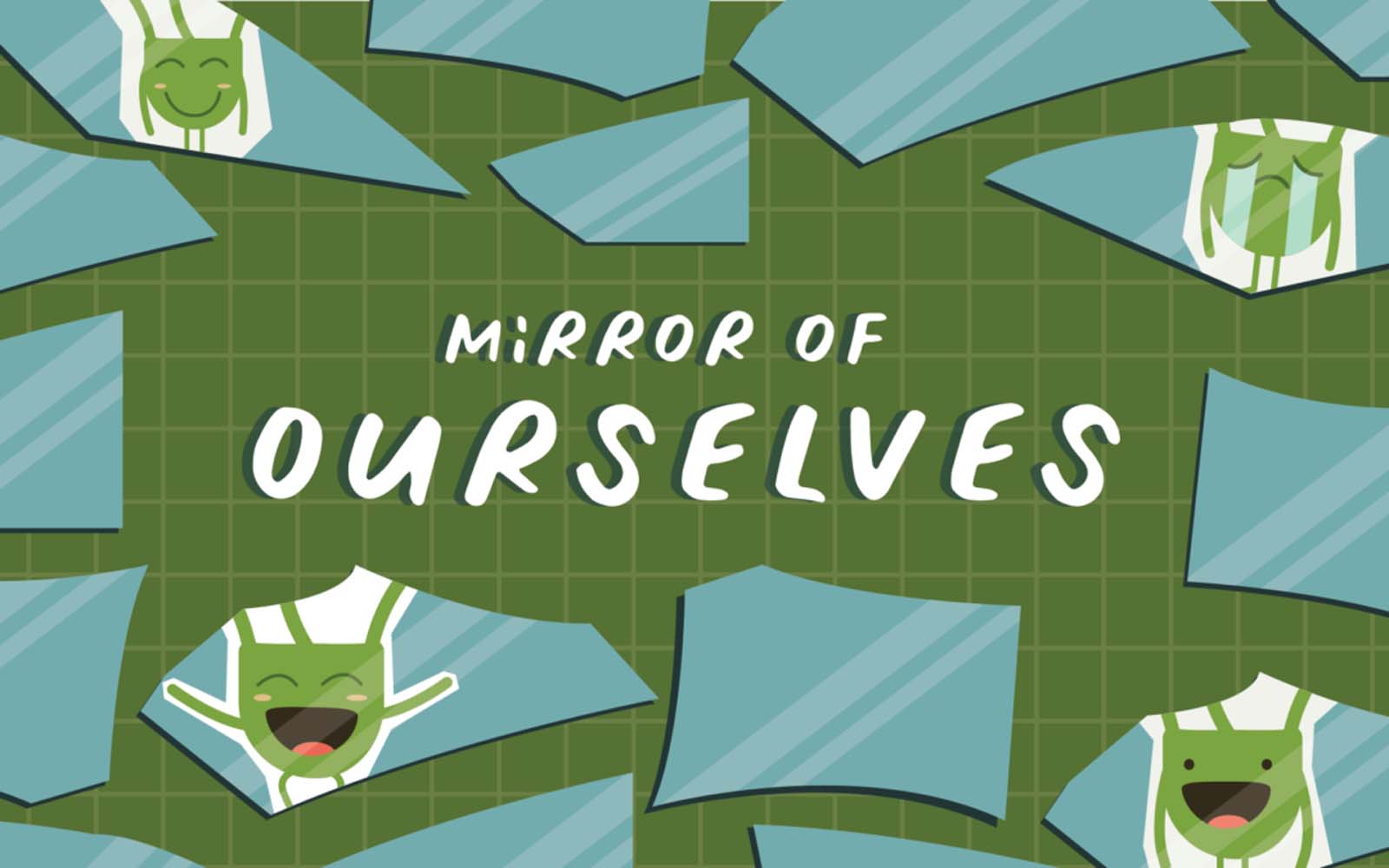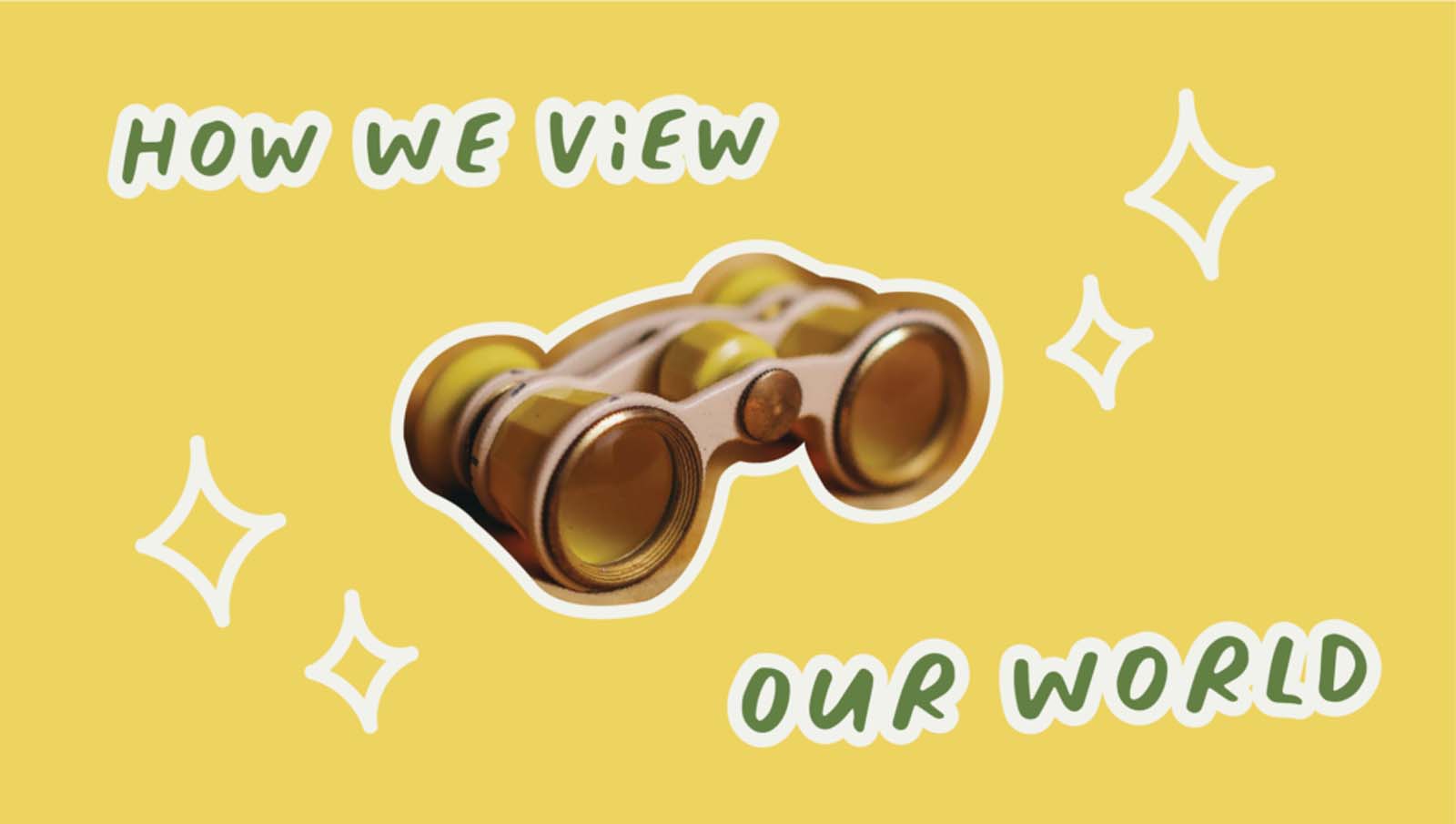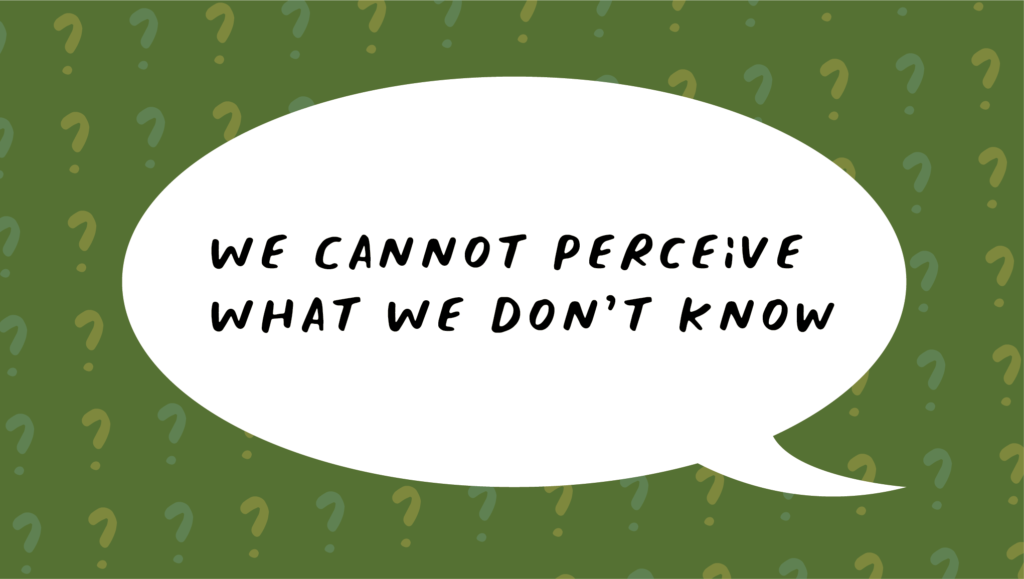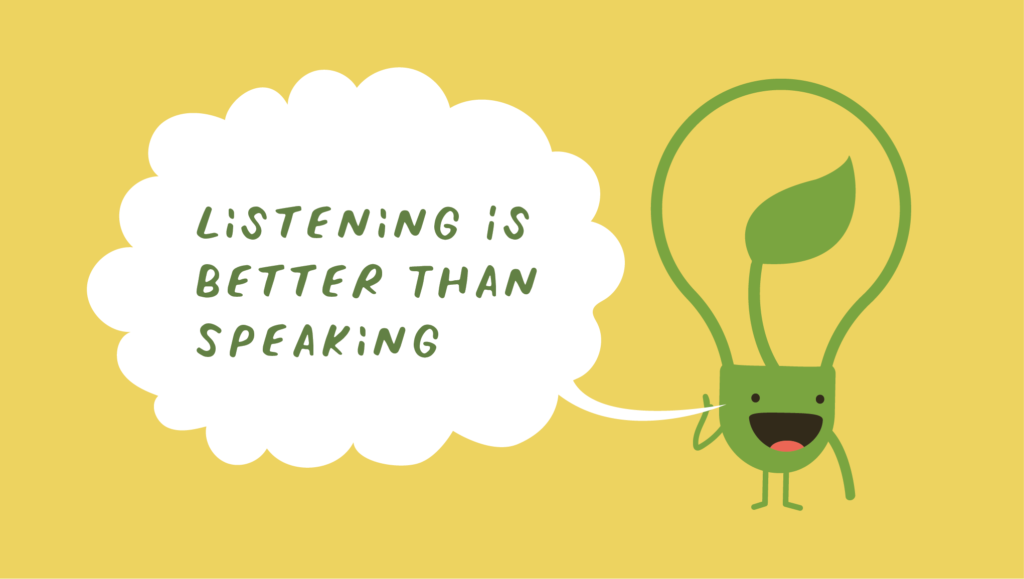
Our Minds Are Always Searching for a Refuge, What Does Yours Seek?
This is a reflection piece as contemplated by the author based on the Buddha’s teachings. As such, it may not contain the truths as taught by the Buddha. The author hopes the reader takes away useful bits that may resonate and discard whatever parts that make no sense without any aversion.
TLDR: Our minds are seldom at peace. Peace means having lasting contentment and not being piqued by the smallest things. Yet our mind seems to know there is something peaceful beyond our mundane experiences. For this reason, our minds are always searching for a refuge.
For many years my mind searched for a refuge. Refuge means a place of safety and protection from dangers according to the Oxford dictionary. When it comes to the mind, dangers would point to non-acceptance, anger, indifference and insincerity from others. A refuge for the mind would be friendship, acceptance, love and honesty instead. The mind also seeks good repute and wealth, so that it indirectly receives respect, love, admiration and acceptance from others. Observing myself and others, I found there is not a time when our minds are not seeking refuge.
Why does the mind seek refuge?

Looking back into a faraway past, I remembered when my mind first gained consciousness of its senses.
When I was around three or four years old, I remember sitting at the threshold between the living room and the kitchen drinking a bottle of hot milk. Although I do remember glimpses of consciousness, such as being wrapped in a cloth tied to a spring attached to the ceiling. I was being bounced up and down and I think I hit my head and cried.
From the time of ‘waking up’ to the awareness of this life, I remembered being an observer to most events around me. I did not know anything except enjoying playing with the neighbours. A distinct memory of my mother crying and packing to leave home was etched in my mind as my sister tried to stop her. My sister was maybe six years old? I am three years younger than my sister, and I was at the table drinking my hot cup of milo for breakfast. I only observed and felt no emotions.
The time my mind began searching for love and safety was when my father began verbally abusing me.
He would scare me into a corner and cane me too, especially if I fell ill. I was prone to asthmatic cough and was barred from certain foods. My father’s family has a history of asthma. He scolded me because seeing a doctor would eat away his already low pay as a hawker.
My awareness of the lack of approval from my parents and their relatives was the start of the mind seeking refuge from someone or something to balance this suffering.
Back then, academic ability was highly prized and perhaps they hoped I would do well and bring them pride but I’m not a scholar.
Other reasons for seeking refuge
I was speaking of what I perceive to be my early cause for seeking a refuge for the mind.
The truth is, the mind seeks refuge due to a host of other causes too. Causes such as boredom, loneliness, belonging, disappointment, or just do something to find meaning in life.
If we look deeply, it seems the mind is incapable of being at rest for long. Action is primed in our system. Our entire system on earth – the weather, the animals and people are all acting upon one another so that not taking action, or not making a choice is not an option at all. Weather changes can disrupt our day, animals can cause us harm – in today’s terms, the harm comes from a virus. Even when nothing is disturbing the mind, it seeks a goal to feel secure.
Be wise about the refuge you seek

In The Noble Search Sutta (MN. 26), the Buddha talked about two types of refuge we seek. He called them the ignoble and noble search.
He said the ignoble search is someone seeking a refuge in what is birth, death, sickness, sorrow, defilement and ageing when he himself is not spared from these things.
The objects of ignoble refuge for the mind include spouse, children, possessions such as animals, land, the house and slaves. During the time of the Buddha, most laypeople were married with children and they were either kings, farmers, merchants or slaves. Society during that time is not very much different from our time today. We still seek a sense of security in a partner, in our children, our jobs, savings, possessions and friends.
It is not wrong to seek these things, except don’t expect them to last or be stable for a long time. They are all subject to the ravages of impermanence. What is born, will die. While alive, we inflict upon one another our defilements (greed, ill will, confusion), as what I had experienced from my parents and friends. What we possess will one day decay and become others’ belongings. It is not to despair over the lack of stability in life, but rather to know and be wise about them. Our own body and mind too are insecure things that do not last.
A noble refuge for the mind

The opposite of an ignoble refuge would be a noble refuge for the mind. In the words of the Buddha:
“Suppose that, being myself subject to birth, having understood the danger in what is subject to birth, I seek the unborn supreme security from bondage, Nibbāna. Suppose that, being myself subject to ageing, sickness, death, sorrow, and defilement, having understood the danger in what is subject to ageing, sickness, death, sorrow, and defilement, I seek the unageing, unailing, deathless, sorrowless, and undefiled supreme security from bondage, Nibbāna.”
– The Buddha, MN. 26
Nibbana is the release of the mind from always wanting (craving). Not wanting something is wanting something else. The mind, in wanting, is never at peace. There is something within us that is unageing, unailing, sorrowless, birthless and deathless. As it already exists, there is no need to crave for it, but to discover it like an archaeologist digging to find a treasure.
What is outside of us, is subject to ageing, ailments, sorrows, birth and death. We crave refuge from what is outside of us because we are ignorant of the gem within us.
Is the noble search open to lay people?
Since the permanent peace we seek is already within us, it is open to anyone who is curious, who seeks real security and stability whether one is a lay person or a monastic.
Of course, unlike a monastic, a lay person cannot devote 24 hours a day to perceive and experience this unageing, unailing, sorrowless and deathless gem in us.
What is seen is easy for the mind to believe in its existence. What is subtle and unseen, is difficult for the mind to believe in its existence. Therefore, there are a lot more lay people than monastics. However, being a lay person does not mean we cannot put the practice into our everyday lives.
How to seek the noble refuge as a lay person?
A lay person who wants to experience the peace within learns to tread The Noble Eightfold Path. The path is the practice of reflection, cultivating virtue, tranquility and wisdom. A lay practitioner can have family, possessions and a job.
Depending on a person’s seriousness in the practice, s/he can reduce outer activities, unnecessary speech and spend time meditating everyday. Also to be mindful of one’s actions and thoughts in daily life. To show patience and love whenever unpleasant experiences arise. Also, to learn not to cling to goals but to enjoy living each moment as it is.
It may sound like a tall order. But fortunately, the practice gets easier and more fun to do each time. We can become bored after attaining worldly skills such as computers, language and technical knowledge. But when it comes to living a virtuous, wise and calm life, there is no end to learning until one reaches lasting contentment, or what the Buddha said, Nibbana, which takes lifetimes.
Wise Steps:
- Spend time relaxing without needing to do anything
- To relax, intentionally tell your mind and body to let go and just breathe in and out
- Meditate without a goal or intention
- Go about your daily life relaxed without a goal, being aware that goals can easily be changed so you can flow with it.





